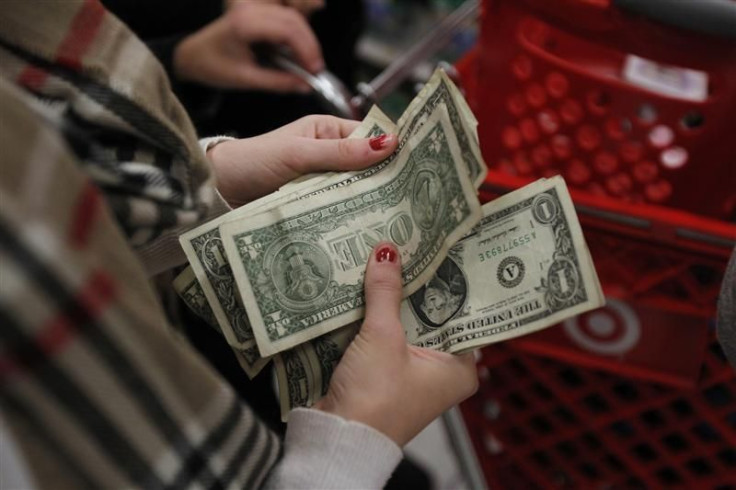Conference Board Consumer Confidence Jumps to Year-High in Feb

A closely watched monthly index of U.S. consumer confidence issued by the nonprofit Conference Board climbed to its highest level in a year during February, according to data released Tuesday.
The Conference Board Consumer Index showed a significant surge during the month, climbing to 70.8 from an upwardly revised 61.5 in January. That reading is the highest since a February 2011 reading of 72 -- before rising energy prices and the European sovereign debt crisis took a toll on U.S. economic momentum.
Consumers are considerably less pessimistic about current business and labor market conditions than they were in January. And, despite further increases in gas prices, they are more optimistic about the short-term outlook for the economy, job prospects and their financial situation, Lynn Franco, director of the research center behind the index, said in a statement.
Previous gauges of consumer confidence, including an index by Bloomberg News and another closely watched one marketed by Reuters and the University of Michigan, had also shown gains in consumer confidence during February. The Conference Board's reading stands out, however, for showing big gains not only in the optimism consumers have about the future but in revealing how many Americans regard conditions as positive. Previous consumer-confidence gains had been skewed toward the future.
Not everything is rosy in consumers' eyes, however. Rising prices for gasoline and other energy commodities are putting a damper on feelings about disposable incomes, and while the housing market seems to have reached a bottom in financing and supply, prices for existing homes are still falling across the nation, the S&P Case-Shiller National Home Price Index showed Tuesday.
Still, pessimism on the economy is waning. The number of consumers claiming business conditions are bad decreased dramatically to 31.2 percent, the Conference Board said, from 38.3 percent. Those saying jobs are hard to get decreased to 38.7 percent from 43.3 percent, according to the data in the survey.
© Copyright IBTimes 2025. All rights reserved.





















